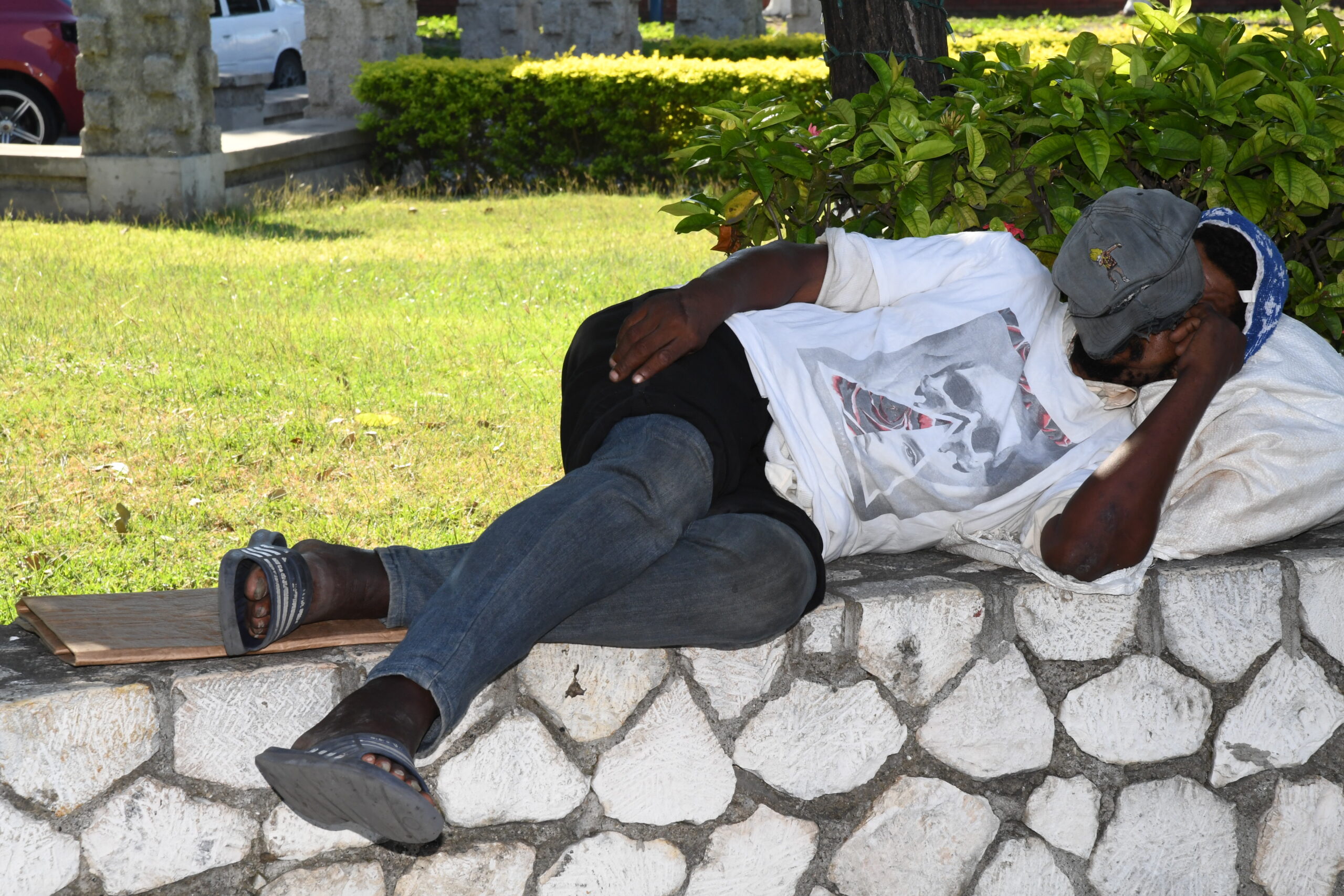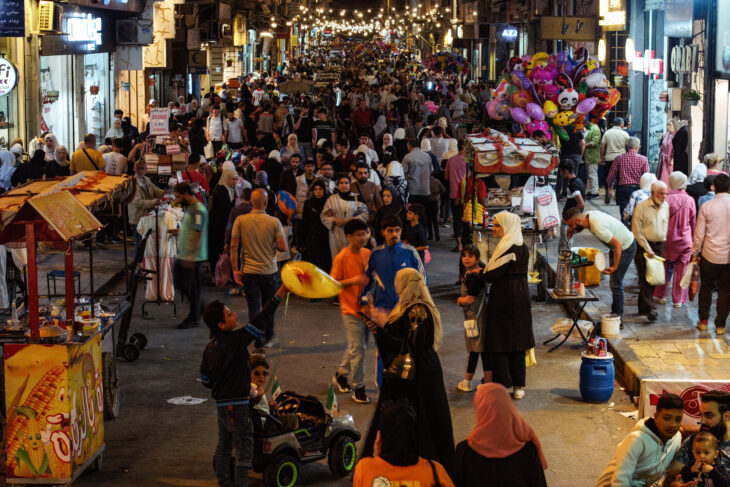
Repeatedly what I encountered on a long trip to South America, the coast of Africa, Morrocco, and Spain reinforced the fact that nowhere in the world is exempt from the concern about homelessness.
In Recife, Brazil I saw mattresses with people resting in front of a cathedral. I was told that people can stay there because the church gives them their evening meal. In Rio at the St Sebastian Cathedral there was a statue of a man lying on a bench covered with a blanket. His feet were sticking out and it looked as if they had been punctured. It was so realistic that people were approaching it in disbelief and then daring to go up close enough to touch the figure just to make sure it wasn’t a real person. Was it a reminder that Christ died on the cross or a reminder of the homelessness we saw everywhere? In other countries I saw people lying on the edge of sidewalks and in doorways. It was everywhere, but often kept away from the tourists’ eyes as we were shuffled into the more affluent parts of the city or town or countryside.
On more than one occasion people were approached from someone desperately looking for a few coins or dollars. Either they quickly scurried away when they thought someone was watching, or the police came and took them away. Tourists are not supposed to see the ugly side of life.
For years I have been stunned by the presence of ‘mad men’ who camped out on the streets of Kingston, Jamaica, until they were chased away by police. As a tourist or visitor, it has not been uncommon for me to be followed by someone looking for money or a way to America. Several times young men (much, much younger than me), followed me and then told me they wanted to marry me. Even pointing out the difference in age did not deter them. I walked away and eventually they would leave me alone.
The crisis has hit home in my own hometown of Rutland, Vermont. Today we have hundreds of people living in our hotels because there are not enough shelters for them. COVID-19 brokered a wave of people who had no place safe to go. Many of these same people remain unhoused today. When the weather turns warm, they will be given tents so they can camp out in our woods.
Our tourism industry has been turned upside down as hotel rooms are no longer vacant or kept in good condition. Our street corners have turned into spots where people proclaim their homelessness and ask for money from drivers. Compassion in Wholeness, a Methodist church project supported by grants, friends, and other religious groups, feeds upwards of 200 people four days a week. We are a city of 15,000 residents.
Evidence of the unhoused is spread throughout the city. Our leaders do the best they can to corral people into less visible spots away from businesses, but the evidence is bursting the seams of our community.
These experiences are part of a global crisis.
Homelessness hits a nerve when it happens in your town, your city, or country, but the fact is that this is a world crisis that has developed over thousands of years. Seeing people lying on the street or having them follow a resident or guest because they are hungry or in need of shelter is not attractive. The world does its best to secure unhoused people in isolated places where they cannot be seen or heard.
The complexity of homelessness is challenging. There is no current solution that works. Everyone I talked to on this trip had no idea what will work long term. The legislation in Vermont tends to focus on housing, not the underlying cause. The disparity between people who have an excess and those who are scrapping by is enormous. It’s the centre of conversation.
This isn’t just about not having enough low-income housing available. It isn’t just about having jobs, health care and education available, although access is important. And it isn’t only about the failure of all the systems that support the weakest members of society, including those who struggle with mental health and addiction. This is because we are not seriously addressing the major underlying cause — greed and power.
The predominant structure that fosters divisiveness based on wealth, power, race, religion, and other factors will have to be dismantled. Economic, social and health systems that balance access to resources so that the human rights are valued over wealth and power will have to replace what is currently happening.
A spiritual renaissance is desperately needed. The writings of Bahá’u’lláh, the prophet founder of the Bahá’í faith, based His teachings on the importance of recognizing that we are all part of one human race. All religions agree, but nowhere in any religion is this made clearer than in the His writings. Politics, law enforcement or economics will not get us out of the crisis. A change of hearts and minds will be necessary to lay a foundation of justice and equity.
This is a world predicament that begs for a deep understanding of the concept, ‘we are all in this together.’ Recognizing that humanity is like a giant piece of cloth where the strands make up the whole is essential. Pull one strand and the cloth disintegrates. Each strand has a role to play to keep the piece together. Survival depends on building and strengthening communities in peace and prosperity. “The earth is one country and humankind its citizens”.



